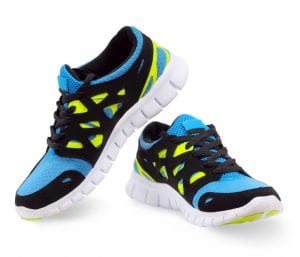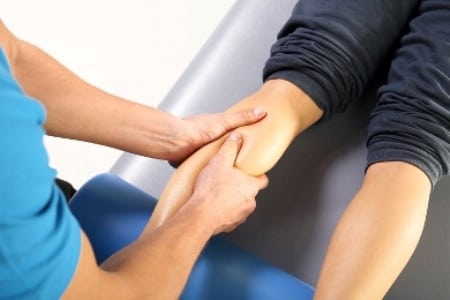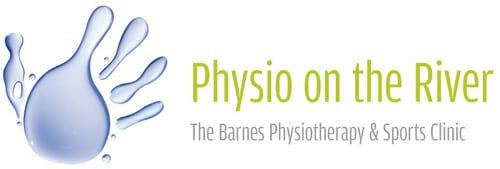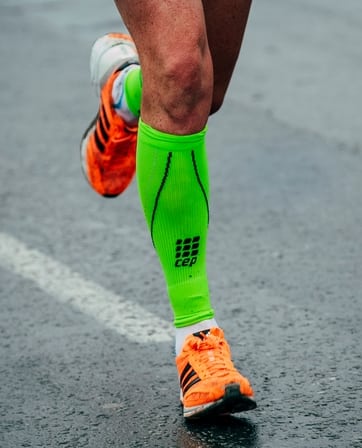10 top tips for injury free running
Whether you just run for fun or are a hardened marathon runner we’ve put together some simple tips to keep you free of injury and help you set up some good training habits for life:
 Footwear: invest in quality running shoes which should last 300-800 miles of running. Find a specialist running shop where you can get good advice. It’s important to buy the correct sort of shoe for your foot type. Not many of us have the perfect neutral foot – most of us roll our ankles in or out too much. Our Physiotherapists and Podiatrist can give appropriate advice on footwear.
Footwear: invest in quality running shoes which should last 300-800 miles of running. Find a specialist running shop where you can get good advice. It’s important to buy the correct sort of shoe for your foot type. Not many of us have the perfect neutral foot – most of us roll our ankles in or out too much. Our Physiotherapists and Podiatrist can give appropriate advice on footwear.- Physiotherapy assessment: if you are a novice marathon runner we highly recommend that you come in for an assessment of your alignment, posture, flexibility, strength and core control. Most injuries are left too long before seeking advice. Most potential problems can be identified and addressed before you develop an injury.
- Flexibility: stretch your muscles after running to prevent the muscles from becoming tight from overuse. To help flexibility a 10 minute session of all over stretching done twice a week will enhance your running performance.
- Resistance training: to be a good runner it’s important that running forms a large part of your training, but don’t forget other aspects of good conditioning. Increasing overall strength with two all over resistance training sessions per week will reap benefits.
- Core stability training: core stability muscles are your deep abdominal, back and pelvis muscles. These muscles provide a firm platform for your leg and arm muscles to work. Effective core stability helps improve posture, balance and co-ordination, makes it easier to generate speed and prevents injury. We run Pilates classes or 1-2-1 tuition.
 Sports massage: regular sports massage can greatly help the condition of your soft tissues. Massage flushes out toxins, relieves muscle tension, releases knotty areas of scar tissue and boosts the circulation. We recommend a massage every week whilst training and one following a race. Our Massage Therapists have many years of experience treating marathon and leisure runners.
Sports massage: regular sports massage can greatly help the condition of your soft tissues. Massage flushes out toxins, relieves muscle tension, releases knotty areas of scar tissue and boosts the circulation. We recommend a massage every week whilst training and one following a race. Our Massage Therapists have many years of experience treating marathon and leisure runners.- Training after injury: if you take a break from training due to illness or injury, when you resume, remember to drop back initially and then gradually increase again. Be guided by the 10% rule – increase by no more than 10% each week.
- Don’t race too often: racing takes much more out of your body than your usual training does. Choose a maximum of two events a year.
- Heart rate monitor: a HRM will help you to train at the correct intensity for every workout.
- Good diet: a good balanced diet is essential. For further guidance we can recommend a Sports Nutritionist.
So, don’t forget that training shouldn’t just mean practising running. Strength, flexibility and core stability training should also be included in order to improve your overall body condition and prevent injury.
Our running clinic specialists can give you a running assessment and advise on improving running performance, avoiding injury and recovering from problems.
Other running articles by our specialists
- Is sports massage a luxury or a necessity?
- Getting your nutrition and hydration right on marathon race day
- Running a marathon? Is sports massage a luxury or a necessity?
- Running a marathon? Read our Physio, Nic Pugh’s marathon story
- Voucher offer for marathon runners
- London Marathon – race day preparations
- 10 top tips for injury free running



